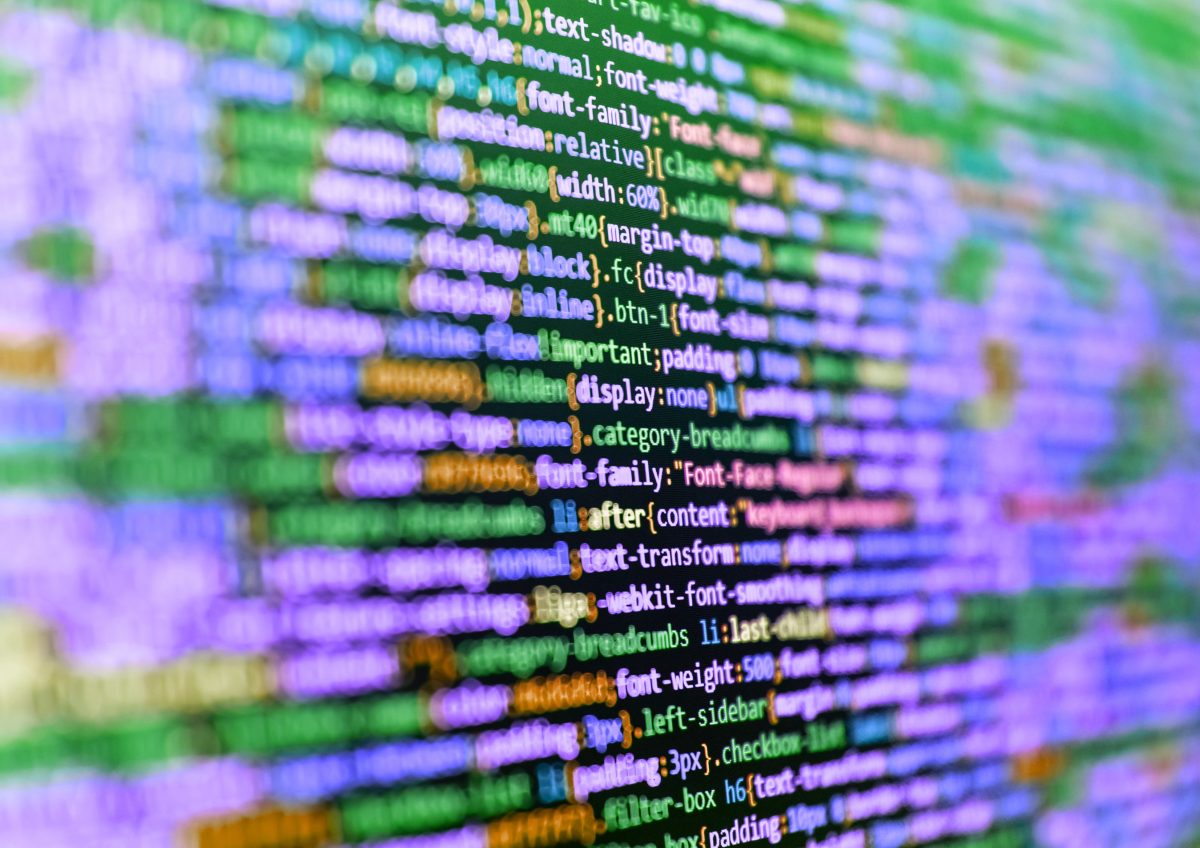
Desi Small-Rodriguez, an assistant professor of sociology and American Indian studies at the University of California, Los Angeles, recently discussed the challenges of Native American and Indigenous identification on the U.S. Census in an interview with radio host Larry Mantle on LAist 89.3-FM’s “AirTalk.”
Small-Rodriguez has dedicated her life to increasing Indigenous visibility through critical quantitative sociology.
As a Northern Cheyenne Indian and Chicana, she believes her work has far-reaching applications that could lead to systemic change in how data collection efforts are organized and operated.
This, in turn, can lead to better government decision-making and policymaking.
Currently, researchers are puzzled by the Indigenous population gains in the latest U.S. census, as fertility rates for Indigenous peoples in the U.S. are among the lowest.
While Professor Desi Small-Rodriguez sees the power in numbers and uses them to help her community build a better future, demographers still wonder how the 2020 U.S. census indicated an 85% jump in people identifying as American Indian or Alaskan Native.
In an interview that aired on Nov. 16 on LAist 89.3-FM’s “AirTalk,” she said, “I’m more concerned with how we meaningfully use the collected data. Who are these people? Are these real Indians? Who decides?”
These are questions that researchers, tribes, and natives themselves are asking. She would like to get even closer to what might be an even more meaningful number of American Indians and Alaskan Indians.
Small-Rodriguez explained that it’s less about the “why” and more about the “who.”
She believes that the census is a tool of the settler colonial government and is the bedrock of that government.
One of the first data releases provided by the U.S. Census was a look at the demographic characteristics of the nation by state, county, and city (down to the census block level), including race and ethnicity, occupied and vacant housing units, and people living in group quarters like nursing homes, military barracks, and college dorms.
In a Native American Heritage Month video published on the UCLA American Indian Studies Center’s YouTube channel, Small-Rodriguez, then director of the Data Warriors Lab, spoke about the inspiring career of the first Native American woman to earn a Ph.D.
“Dr. Henrietta Mann is everything I aspire to be when it comes to being a good relative, researcher, and warrior for the next generation,” she said. Dr. Mann was awarded the National Humanities Medal in 2021.
The U.S. Army Corps of Engineers has been tasked with…
Brown and Caldwell, a leading environmental engineering and construction firm,…
Humboldt State University, one of four campuses within the California…